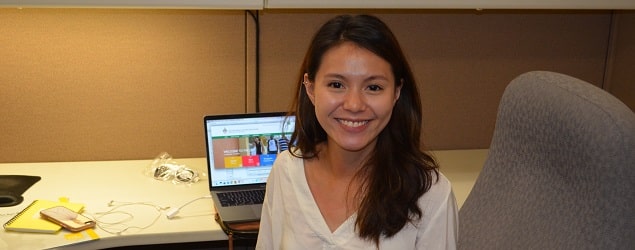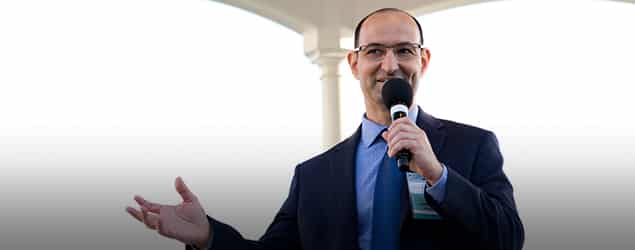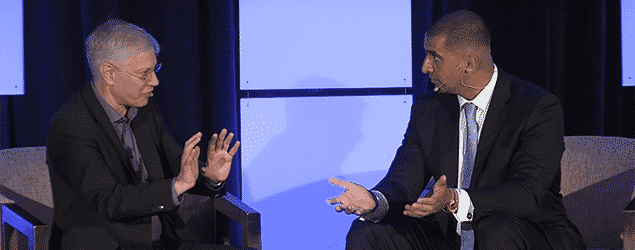Meet the Interns: Regina Tang

Each year, the Ayn Rand Institute invites seasonal interns who help with projects and tasks while engaging in educational activities tailored to their knowledge of Rand’s ideas and their own research interests. This summer, in partnership with the Charles Koch Institute, five interns attended OCON in Pittsburgh and then came to work in our Southern California offices. An additional intern joined ARI from the Lion Rock Institute in Hong Kong. We are introducing them to you in this ongoing series.
Regina Tang studies politics and public administration at the University of Hong Kong. We caught up with her to talk about school, life and Ayn Rand.
How did you come to ARI?
I was looking for an internship on my university’s career website where I found Lion Rock Institute, a think tank advocating freedom. I noted that they were partnering with the Ayn Rand Institute. I started to explore both institutions through a training session.
Favorite Ayn Rand essay and why?
I have a lot — especially those on capitalism and free markets. One of those is “America’s Persecuted Minority: Big Business.” There is a tendency for people in Hong Kong to hate the rich. It’s a good piece to read and reflect on whether the rich are our real enemies.
Favorite Ayn Rand quote?
“A creative man is motivated by the desire to achieve, not by the desire to beat others.” [from “The Moratorium on Brains” in The Ayn Rand Letter]
What inspired you to study politics and public administration?
Actually, I chose it by elimination, but of course I would like to make Hong Kong a better place to live in. Escalating social conflicts have recently arisen in Hong Kong, and the past five years seem the most unharmonious in Hong Kong’s history. I believe policy makers can play a crucial and fundamental role in changing society for the better.
In your bookshelf, you love . . .
Nonfiction! I like nonfiction — especially philosophical and political books. I’m currently reading Equal Is Unfair by Don Watkins and Yaron Brook. I generally don’t like reading fiction as I’d much rather watch a movie.
Best piece of advice you’ve ever gotten?
“Don’t forget why you are here.” It is easy to lose hope when meeting difficulties. This saying motivates me to work harder whenever I want to give up.
What part of Ayn Rand’s philosophy, or novels, speaks most to you?
Rand’s view of rational self-interest. In Hong Kong, people often perceive people working hard for themselves as being “too selfish.” I don’t believe that’s true.
What do you have to say to those reading Ayn Rand for the first time?
In the East, it is not easy to accept Rand’s philosophy since some form of altruism is always regarded as aspirational, but just keep on reading and I hope you will be inspired to see a different way.



